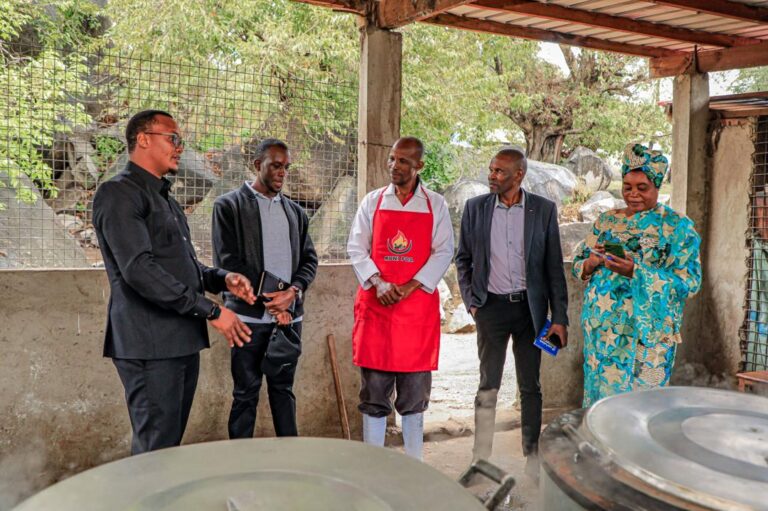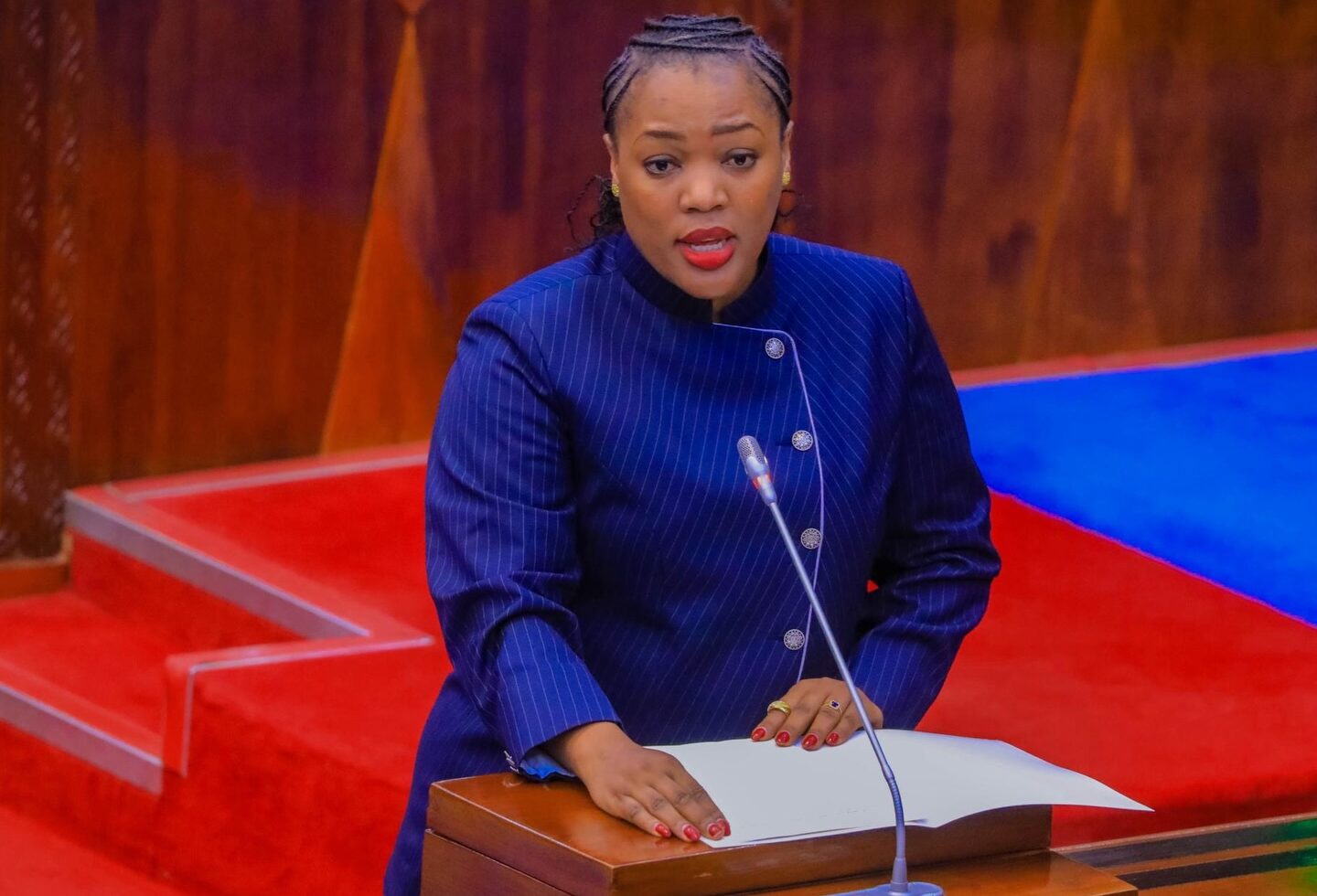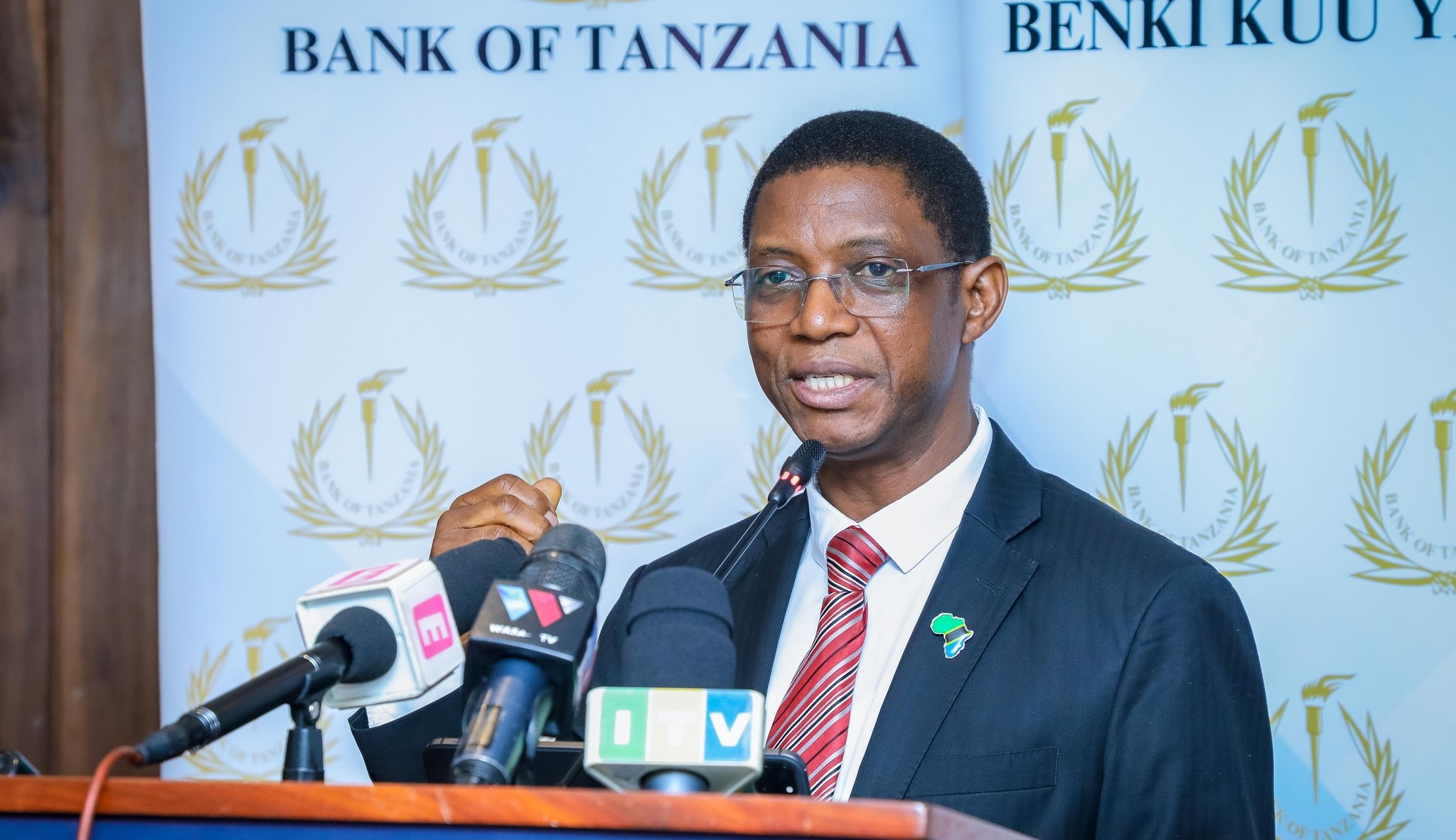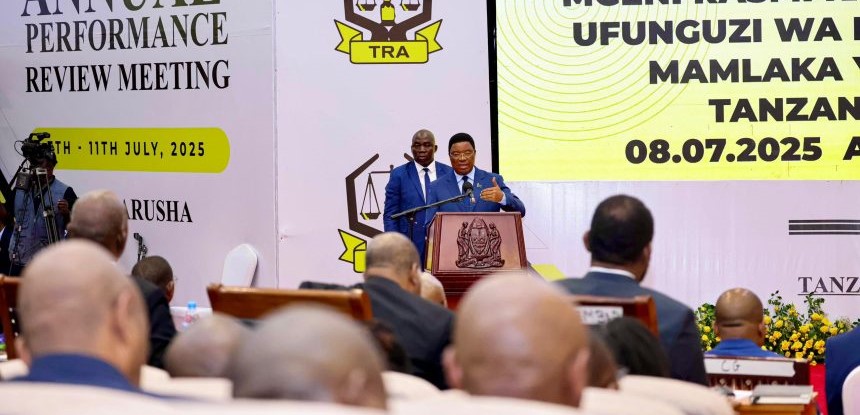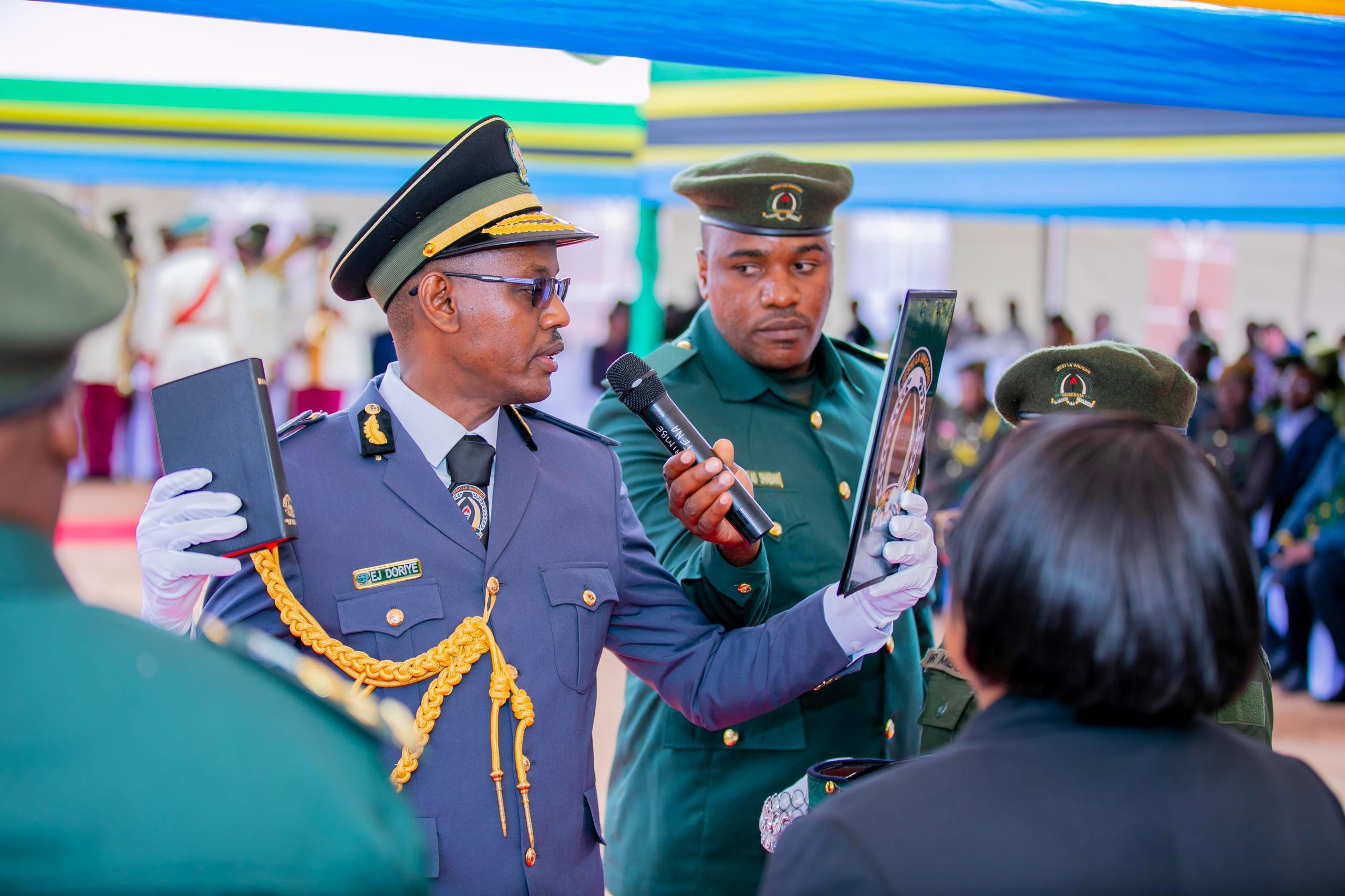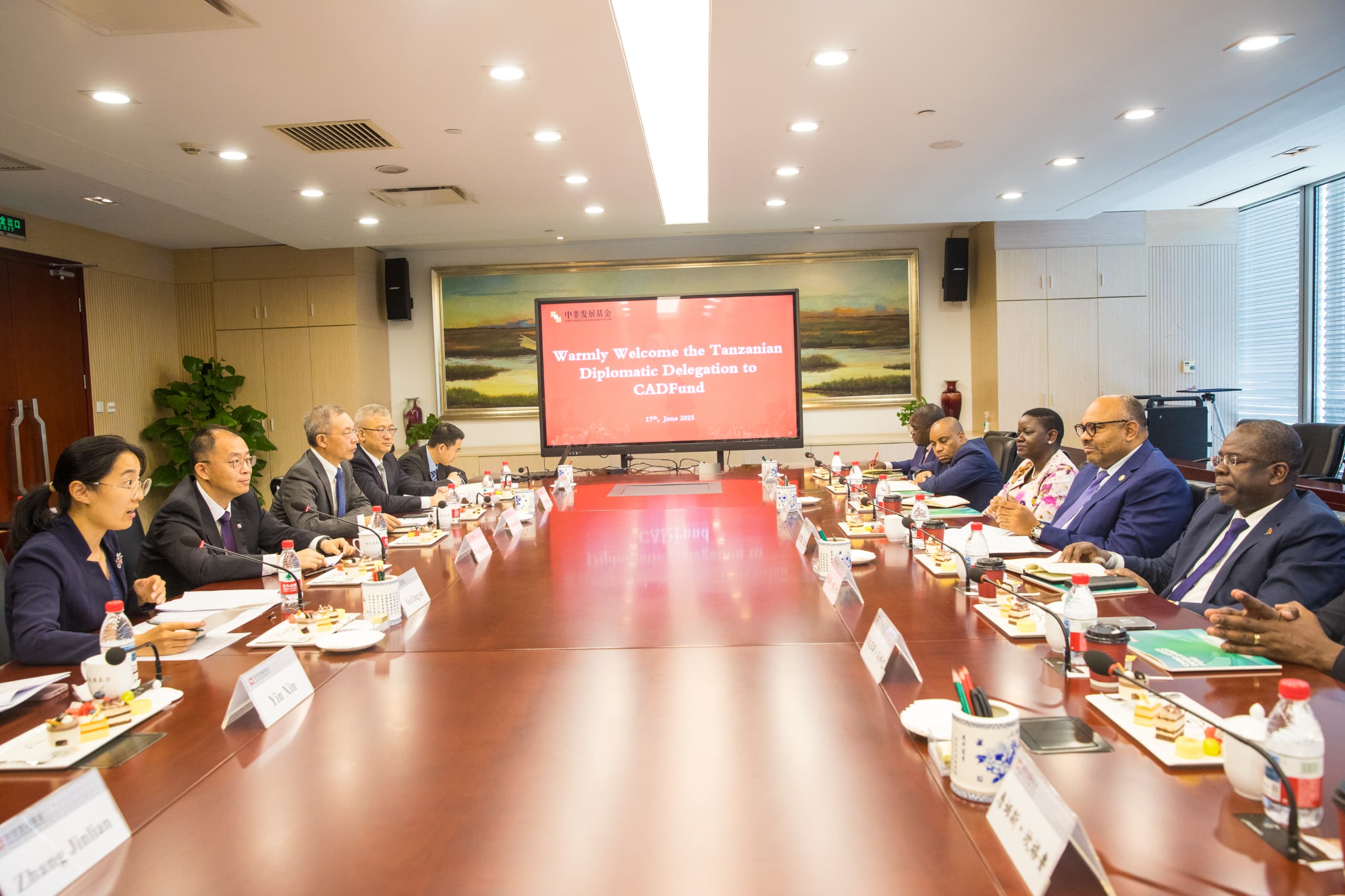Mwanza. The Directorate of Clean Cooking Energy in the Ministry of Energy, has launched an official inspection tour in Mwanza Region to assess the implementation of the government’s directive requiring institutions that feed more than 100 people to adopt clean cooking energy.
The visit, led by director of Clean Cooking, Nolasco Mlay, together with experts from the ministry, began with assessments of three secondary schools in Ilemela Municipality in Mwanza Region that have transitioned to clean cooking energy under the CookFund project.
The project is supported by the Integrated Approach to Sustainable Clean Cooking Solutions programme, implemented by the United Nations Capital Development Fund (UNCDF) in partnership with the European Union (EU).
The inspections also aim to evaluate the use of clean cooking energy in institutions benefiting from CookFund support.
Speaking during the visit, Mr Mlay noted that the initiative forms part of the National Strategy for the Use of Clean Cooking Energy (2024–2034), which seeks to ensure public institutions, including schools, adopt safe and environmentally friendly cooking technologies.
To ensure effective implementation, Mr Mlay urged municipal and council directors to accelerate the transition for institutions that have not yet shifted from conventional energy sources.
“Public and private institutions such as schools, hospitals, prisons, and security services must use safe and environmentally friendly cooking technologies to prevent health and environmental impacts,” he said.
Mr Mlay further encouraged teachers and school heads to take the lead in educating students on the benefits of clean cooking energy, so that they become ambassadors for wider community awareness.
“We ask teachers to guide students on the use of natural gas, improved stoves, and electricity as alternatives to firewood and charcoal. When children learn, they help change societal mindsets from unsafe to clean cooking energy,” he emphasised.
Speaking on behalf of the Ilemela Secondary Education Officer, a Special Education Officer praised the ongoing implementation of the clean cooking energy strategy and confirmed that the municipality will continue enforcing the directive, with ten schools currently participating in the programme.
School heads from the visited institutions, including Bwiru Boys Technical Secondary School, Bwiru Girls Secondary School, and Buswelu Secondary School, noted that the adoption of clean cooking energy has created safer and more efficient cooking environments, saving time and reducing costs.
Ministry experts also visited schools that have not yet adopted clean cooking energy, urging their leaders to improve cooking systems and transition from traditional firewood and charcoal to cleaner alternatives.

